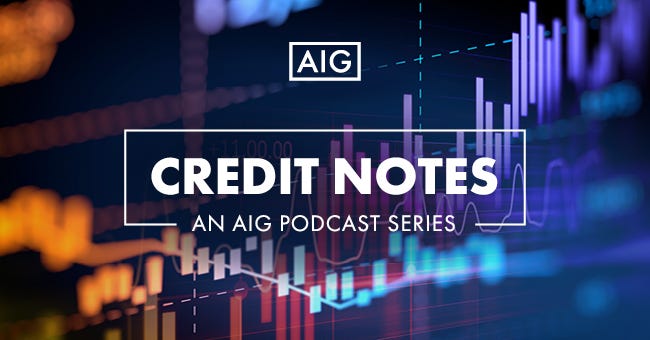Everyone, or at least senior EU and US politicians, is in agreement: Chinese industrial “overcapacity” is bad and needs to stop.
But if I’m honest, I’m struggling with this narrative a little.
To use a household analogy [Ed: everyone in economics famously loves those]:
Lets pretend I have become really really good at making cakes. My family love my cakes, and eats many every day. But they can only eat so many cakes. Given how much my family love eating my cakes, I decided to try and sell my excess cakes to the other families on my street. It turns out they love them too, so I have taken to making a lot more cakes than my family could ever eat, safe in the knowledge that other families will eat them.
Is this, technically, overcapacity? Is the fact I am producing more cakes than my family could ever consume an aggressive act? Is my exceptional cake making in fact a problem, given it is preventing other families on the street from producing their own cakes and competing in the local cake market?
I dunno. Maybe what I’ve just described isn’t what people mean when they complain about overcapacity, but to my mind, it kinda just sounds like … what every company that exports does.
I think that what policymakers are actually concerned about is not really overcapacity itself, but rather the perceived intent.
To run with the same silly cake analogy …
What if, my cake-making was in fact malicious? What if my ultimate plan was to expand my own cake production to the point it thwarts all other attempts to produce cakes? What if I wanted to get everyone hooked on my cakes to the point it gave me leverage over them? And then, once everyone is hooked on my cakes, what if my plan is to try and extract additional rents, such as free babysitting and garden maintenance, from my neighbours in return for me not cutting off their cake supply?
Such a scenario is a possible consequence of overcapacity, but I’d probably describe it as something else. Sorry, I don’t really know where I’m going with this. But I am now hungry.
For more structured thoughts it is worth reading this piece by Martin Sandbu arguing that Chinese overcapacity in green tech is a good thing; this piece by Matt Klein arguing that Chinese underconsumption is the real issue; and this thread by Michael Pettis seeking to better define overcapacity as a concept.
The inevitable podcast
As a white man with a Substack, the desire to do a podcast is strong. And I hate to disappoint.
As such, I am pleased to announce that I will be the regular chair of AIG’s new podcast series, Credit Notes. Throughout the series, I’ll be talking to practitioners, policymakers and academics about the key trends and challenges facing practitioners in the field of trade credit and trade finance.
[Note: trade finance is actually really hard and as such is very interesting — see this MFN post about the difficulties of digitalisation.]
In episode one, I discuss whether digitalisation can fix trade finance’s problems with James Binns of Barclays, Shameka Sirimanne of UNCTAD, and Anna Isaac of the Guardian.
Check it out HERE
Key Risks and Opportunities
This is a new section, viewable only by those of you who pay to subscribe, in which I list some of the main risks and opportunities I’m thinking about at the moment. Do let me know what you think/whether you find it useful.
Keep reading with a 7-day free trial
Subscribe to Most Favoured Nation to keep reading this post and get 7 days of free access to the full post archives.




